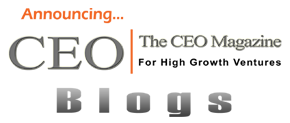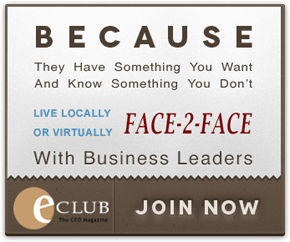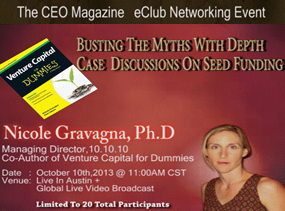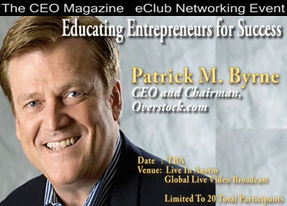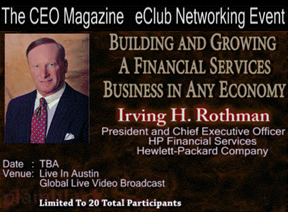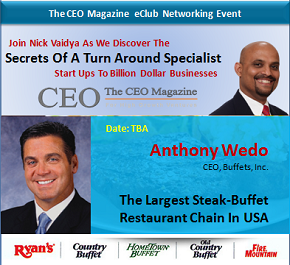You are here


Mark Pastin
Mark Pastin is an award-winning ethics and corporate compliance consultant, author and keynote speaker. He is CEO of the Council of Ethical Organizations, a nonprofit organization dedicated to advancing ethics in business, government and the professions.
Follow The Blog
Blog Categories
- Business Ops. (45)
- Editors (3)
- Entrepreneurship (196)
- Finance (25)
- Leadership (529)
Blog Authors
- Guest Blogger (835)
- Cynthia Kay (92)
- Linda Henman (78)
- Dianna Booher (46)
- Craig Ross (31)


